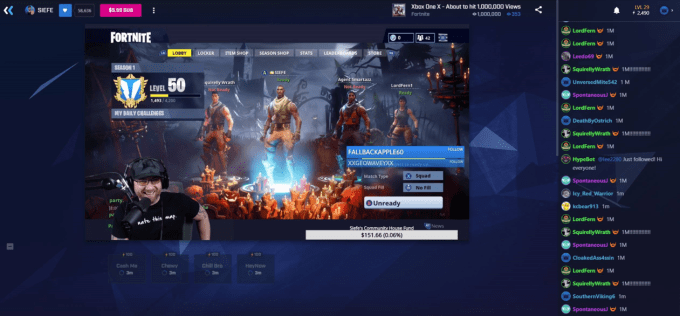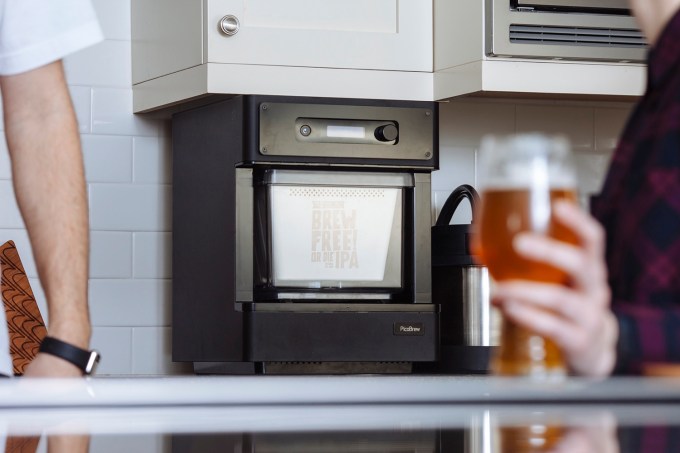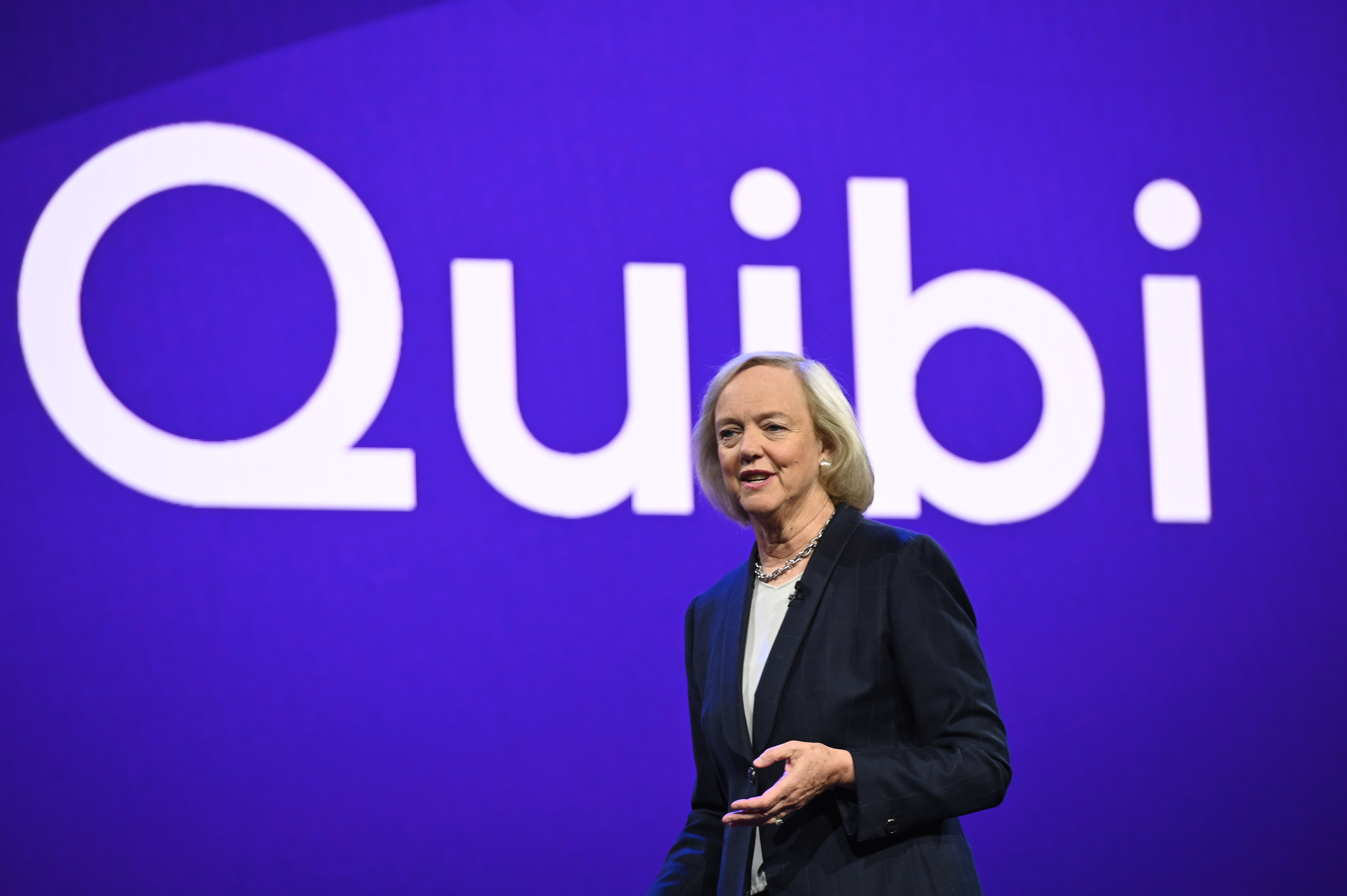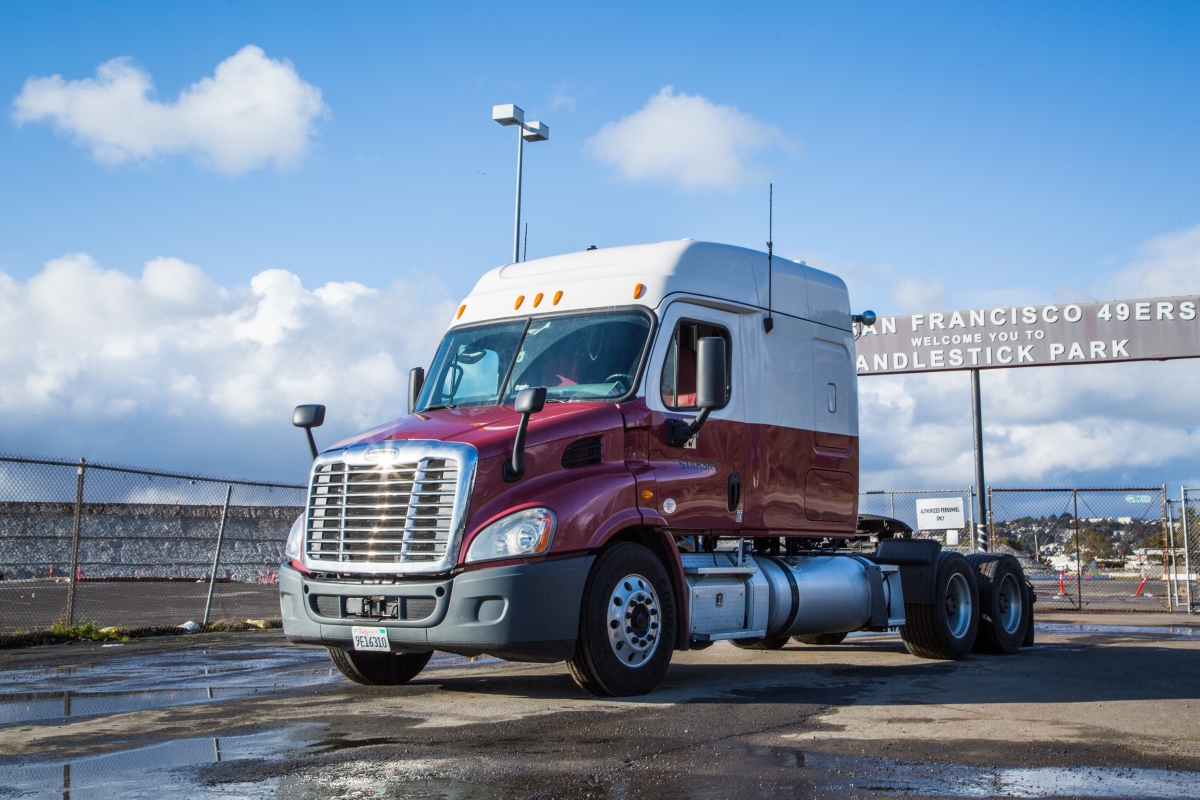2020 yılı girişimciler ve girişimler için tabiri caizse, ciddi bir cehennem yılı oldu ve birçok girişim Covid-19’dan dolayı ya tamamen kapandı; ya da küçülerek yollarına devam etmeye çalıştılar. Kurumsal şirketler ve küçük ölçekli kobi dediğimiz şirketler de küçülmeye gitti. Covid-19 herkes için oldukça zor bir süreç oldu ve önümüzdeki yıllarda da bu durgunluğun devam edeceğini düşünebiliriz. 2021 – 2022 yılları da temkinli geçireceğiz gibi gözüküyor.
Covid19’un 2020 başında Mart ayında hayatımıza girmesiyle tüm dünyada bir kaos ve güvenlik atmosferi oluştu ve girişimler çok hızlı bir şekilde evden çalışmaya başladı. Evden çalışma süreçleri başlayınca da şirketler çeşitli zorluklar yaşadı ve bu süreçten birçok startup yara aldı. Bazı startuplar / girişimler kapanmak zorunda kaldı, bazıları ise küçülerek yoluna devam etmeye çalıştı.
Cehennem olmayan bir dönemde girişim büyütmek oldukça zor bir süreçti. Peki cehennem gibi bir yılda girişimcilik yapmak kolay mı? Hiç kolay değil ve birçok girişim bu süreçten yarar alarak çıktı ve bazı girişimler de kapandı. 2020 olaylarından sonra bitiş çizgisini geçemeyen girişimler vardı. Bu girişimlerden en önemlileri Quibi ve Essential gibi girişimler. Bu girişimler oldukça önemli girişimler ve bu girişimler başarılı olmasına rağmen Covid-19’a dayanamadı.
Quibi Neden Kapandı?
Bu kapanan girişimlerden Quibi’den biraz bahsedelim ve girişimciler için nasıl girişimci olunur ve nelere dikkat edilir gibi konuları da anlatalım. Quibi $1.75 milyar dolar yatırım aldı. Bu yatırım gerçekten çok büyük ve önemli bir yatırım; fakat girişim bu yatırımlara rağmen kapanmak zorunda kaldı. Peki girişimin kapanma nedeni neydi? Quibi’nin iş planı kısa süreli videolar yayınlamaktı ve bu model onlara göre çok yenilikçi bir fikirdi; fakat bu fikir pazarda çok rağbet görmedi.
Quibi’nin varlığı, son hafızadaki herhangi bir teknoloji şirketinden çok daha fazla para buldu ve daha sonra 1,75 milyar dolarlık finansman sağlandı. Quibi bu paralarla dişi hayvanlarla ilgili bir doğa belgeseli “Vahşi Kraliçeler”. HGTV tarzı program, “Murder House Flip”. Ve tabii ki “Makarnanın Şekli”. Makarna hakkında bir gösteri hazırladı. Girişimin odaklandığı nokta kısa film tadında bir formattı.
Hizmetin sona ermesiyle ilgili ilk raporlar yayınlanmıştı ve bu da şirketin kaynaklarının bitmesi anlamına geliyordu. Eğer şirket topladığı sermayeyi bu kadar hızlı tüketmeseydi belki de bir süre ayakta kalabilirdi; fakat süreci yönetemedi. Kurucular Jeffrey Katzenberg ve Meg Whitman açık bir mektupta, “Şimdi geriye kalan tek şey sizi hayal kırıklığına uğratmak ve nihayetinde sizi hayal kırıklığına uğratmak için derin bir özür sunmaktır” diye yazdı. Bazen başlangıç hataları kötüleşmenin ilk adımlarıdır ve bu hatalar büyüyerek girişim batabilir. Bazen de bu sadece kötü şanstır. Quibi ile neyin yanlış gittiğinin teşhisleri tek kelimeyle özetlenebilir: her şey yanlış gitmişti.
Girişimclik Nedir? Nasıl Girişimci Olunur?
Bu konu aslında çok detaylı bir konu ve girişimcilikle ilgili derin analiz içeren bir yazı yazacağız; fakat yukarıdaki Quibi örneğini ve Türkiye’de yeni kurulan Gain örneğiyle girişimcilikle ilgili kısa bir anlatım yapabiliriz. Quibi kısa filmleri iş modeli olarak kendine örnek alan ve bu alanda büyümeyi hedefleyen bir girişimdi. Quibi, gelecekte kısa film içeriklerin tutacağını ve insanların uzun metrajlı filmler, uzun süreli diziler izlemeyeceğini öngörüyordu. Bu aslına bir girişimcilik ruhudur; fakat şirket yanlış öngörüde bulundu ve battı, bu da girişimciliğin kaderidir ve girişimlerin başına gelebilir.
Gain’de aynı iş modelini örnek alarak Türkiye’de başladı ve bakalım bu iş modeli tutacak mı göreceğiz. Amerika’da tutmadı, Türkiye’de tutar mı soru işareti? İçerik oluşturmak çok maliyetli bir iş ve Netflix’in 2020 içerik bütçesi 18 milyar dolar civarlarında ve bu bütçe 2021 yılında çok daha fazla olacak. Tüketici yeni içerikleri görmek istiyor ve bu içerikleri sürekli tüketiyor. Bundan dolayı da bu süreç çok ciddi bir alt yapı ve bütçe gerektiriyor ve güçlü olamayan ayakta kalamıyor.
Girişimcilikte, maliyet, iş modeli, sürdürülebilirlik çok önemli, kısaca bu şekilde anlatabiliriz. Aşağıda kapanan startupların linkine ulaşabilirsiniz.
https://www.crunchbase.com/hub/startups-that-failed-in-2020
https://www.cbinsights.com/research/startup-failure-post-mortem/#2020update2
Aşağıda TechCrunc’dan paylaştığımız ve 2020’de kapanan girişimleri görebilirsiniz ve haberin orjinaline TechCrunc’tan ulaşabilirsiniz.
Total Raised: $75 million

Atrium, a 100-person legal tech startup founded by Justin Kan, shut down in March after failing to find an efficient way to replace the arduous systems of law firms. The startup even returned some of its $75.5 million in funding to its investors, including Andreessen Horowitz .
The shutdown comes after the platform had pivoted just months earlier, laying off in-house lawyers and turning into a clearer SaaS play. Ultimately, Atrium’s failure shows how difficult and unprofitable it could be to disrupt a traditional and complicated system.
The closure came just three years after it launched with the goal to build software for startups to navigate fundraising, hiring, acquisition deals and collaboration with their legal team.
Total Raised: $330 million
Image Credits: Darrell Etherington
Big plans, big names and a boatload of money should have been enough to buy Essential a lengthy runway. Sure, Essential was entering a mature and oversaturated market, but the Playground-backed startup was doing so with $330 million in funding, a team of top industry executives and some genuinely innovative ideas.
When I spoke to the company at launch, an executive outlined a 10-year plan to become a major player in both the mobile and smart home categories. Ultimately, the company was able to eke out just under three years of life after coming out of stealth. And while it did give the world a promising handset, its connected home hub never arrived.
Timing, broader marketing issues and troubling allegations of sexual misconduct were all contributing factors that stopped Essential’s big plans dead in their tracks.
Total Raised: $11.4 million
Image Credits: HubHaus
HubHaus, founded by Shruti Merchant, was a long-term housing rental platform rooted in the belief that adult dormitories would take off. The startup targeted working professionals in cities, and raised only around $11 million in known venture capital. When it came to raising a Series B, Merchant says the company struggled to close and lost investor interest due to WeWork’s failed IPO.
After then pivoting to a self-funded company, HubHaus was just finding footing when the coronavirus pandemic arrived in the United States, drastically hurting the rental market (as shown by Airbnb’s public struggles, as well). The housing company eventually decided to close down in September, leaving landlords, members and vendors in limbo and bringing on a fresh sweep of critique and controversy.
Affordable housing continues to be an issue in the Bay Area, and HubHaus’s departure from the scene underscores this truth.
Total Raised: $55 million
Image Credits: Hipmunk
Hipmunk, founded by Adam J. Goldstein and Reddit co-founder Steve Huffman, was one of the first travel aggregation platforms on the market. The company put together information on flights, hotels and car rental all into one place so consumers could compare and contrast prices with ease.
The focus was enough for the platform to get acquired by Concur, but now after four years, the travel startup shut down. Notably, the travel startup’s closure wasn’t necessarily tied to the coronavirus pandemic. The site officially went dark on January 23, months before lockdowns came to the United States.
Total Raised: $51.4 million
Photo: Thomas Barwick/Getty Images
IfOnly had created a marketplaces of exclusive events — such as “goat yoga” — a business that faced obvious challenges during the pandemic. The startup was actually acquired by one of its investors, Mastercard, late last year, but the acquisition wasn’t announced until IfOnly revealed over the summer that it was shutting down.
Mastercard also said IfOnly’s team and technology are still part of its Priceless experience marketplace: “The IfOnly platform will continue to help advance our Priceless strategy and our combined team will be even better positioned and equipped to deliver exclusive experiences for cardholders globally.”
Mixer/Beam Interactive (2014-2020)
Total Raised: $520,000
Image Credits: Microsoft
Microsoft shut down its Twitch competitor Mixer this year, handing off its partnerships to Facebook Gaming. The service had its roots in the software giant’s acquisition of Beam Interactive shortly after the startup won TechCrunch’s Startup Battlefield in 2016.
Before giving up, Microsoft made some big investments in Mixer’s success, most notably signing streaming superstars Ninja and Shroud to exclusive deals. (They became free agents after the shutdown.) However, Microsoft’s gaming chief Phil Spencer said the company suffered from starting out “pretty far behind” the biggest players in the streaming market.
Total Raised: $10.2 million
Image Credits: The Outline
Despite a busy year of innovation and venture for news media platforms, The Outline, which branded itself as “the next generation version of the New Yorker” was shut down. The media site was started by Josh Topolsky and had an explicit focus on serving millennials with a digital-first news media brand.
The shutdown was part of a broader layoffs at Bustle Digital Group, which acquired the publication in 2019. Pre-acquisition, The Outline had already scaled back its editorial staff and refocused on freelance articles. (Input — a tech site that Topolsky founded for BDG — continues to publish.)

Periscope went out with more of a whimper than a bang. The startup was acquired by Twitter before it had even launched a product. With Meerkat bursting on the scene that year at SXSW, Twitter went on the offensive, buying the startup to build out its own live video offering.
Periscope’s run was decent as far as these things go, and its technology will live on as part of Twitter’s video offerings, even after the app is officially discontinued next March. But in the end, Periscope was a shell of its former self. In fact, this is a rare instance where the pandemic may have actually delayed its shutdown.
The company notes, “We probably would have made this decision sooner if it weren’t for all of the projects we reprioritized due to the events of 2020.”
Total Raised: $15.1 million
Image Credits: PicoBrew
The company made beer-brewing machines that used coffee pod-style PicoPaks, then expanded into other categories like coffee and tea, but never quite attracted enough customers to make the business viable. It sold its assets earlier this year to PB Funding Group — a group of lenders recruited by then-CEO Bill Mitchell in 2018 to keep it afloat.
It’s possible that PicoBrew will live on in some form, as PB Funding Group says it’s seeking buyers for the company’s patents and other intellectual property, and that it will keep the website running in the short term so that the machines don’t stop working.
Total Raised: $1.75 billion
Quibi CEO Meg Whitman speaks about the short-form video streaming service for mobile Quibi during a keynote address January 8, 2020 at the 2020 Consumer Electronics Show (CES) in Las Vegas, Nevada. (Photo by ROBYN BECK/AFP via Getty Images)
More so than any tech company in recent memory (with the possible exception of Theranos), Quibi’s existence feels like a fever dream. $1.75 billion in funding later and what do we have to show for it? “Fierce Queens,” a nature documentary about female animals. The HGTV-style program, “Murder House Flip.” And, of course, “The Shape of Pasta.” A show about pasta.
Early reports of the service’s demise seemed premature — if only because there was seemingly no way a company could burn through that much capital that quickly. By late-October, however, it was over. “All that is left now is to offer a profound apology for disappointing you and, ultimately, for letting you down,” founders Jeffrey Katzenberg and Meg Whitman wrote in an open letter.
Sometimes startup failures are bad timing. Sometimes it’s just plain bad luck. With Quibi, the diagnoses of what went wrong can be summed up in one word: everything.
Total Raised: $15 million
Image Credits: Rubica
Rubica spun out of security company Concentric Advisors with the aim of offering tools that were more advanced than antivirus software, while still remaining accessible to individuals and small businesses. CEO and co-founder Frances Dewing said that when customers cut back on spending during the pandemic, the company tried to shift its focus to larger enterprise, but it failed to convince investors there was a business there.
“We were all really surprised given how relevant and needed this is right now,” she said. “Investors didn’t agree with that or see it in the same way.”
Total Raised: $104 million
Businessman’s hands with calculator and cost at the office and Financial data analyzing counting on wood desk. Image Credits: Sarinya Pinngam/EyeEm / Getty Images
ScaleFactor was a startup claiming to offer artificial intelligence tools that could replace accountants for small businesses; it blamed the pandemic for cutting its revenue in half and forcing the company to shut down. However, former employees and customers told Forbes a different story — that ScaleFactor actually relied on human accountants (including an outsourced team in the Philippines) to do the work.
While it’s hardly unprecedented for a startup to fudge the truth about their level of automation versus human labor, this reportedly resulted in error-filled accounting for ScaleFactor clients. (Responding to a fact-checking email, former CEO Kurt Rathmann said the email was “filled with numerous factual inaccuracies and misrepresentation” and declined to comment further.)
Total Raised: $20 million
Self-driving trucks startup Starksy Robotics began with this first, and problematic truck. Image Credits: Starsky Robotics
“In 2019, our truck became the first fully-unmanned truck to drive on a live highway,” Starsky Robotics co-founder and CEO Stefan Seltz-Axmacher wrote in a Medium post in March. “And in 2020, we’re shutting down.” After five years and $20 million in funding, the autonomous trucking company shut its doors that month. It wasn’t for lack of ambition or demand — it seems safe to assume there’s still a bright future for self-driving trucks.
Ultimately, however, Starsky won’t be along for that ride — a fact Seltz-Axmacher blames largely on timing. A crowded market is certainly at play, as well, with countless companies currently pushing to bring autonomous technology to the road.
Total Raised: $10 million
Image Credits: Bryce Durbin
Founded in 2018 by ex-Googlers, Stockwell AI shut down after being unable to find business for its in-building smart vending machines that stocked everything from condoms to La Croix. The company blamed the “current landscape” (also known as the global pandemic we are experiencing) for its closure.
Stockwell AI, formerly known as Bodega, was well-funded and well-known, with more than $45 million in funding from investors that included NEA, GV, DCM Ventures, Forerunner, First Round and Homebrew. Still, even venture capital couldn’t make vending machines work well enough.
Total Raised: $2.5 million
Image Credits: Trover
Another travel-focused startup bites the dust as the coronavirus limits the chance to safely explore the world (let alone your neighborhood). Trover, a photo-sharing hub for travelers acquired by Expedia, shut down in August. The startup was founded by Rich Barton and Jason Karas and was meant to connect people travelling to the same places. The startup had quite the life: it began out of the remains of TravelPost, a travel review site, and got scooped up by its parent company when it only had $2.5 million in funding. Unfortunately, its nine-year journey is over for now.






